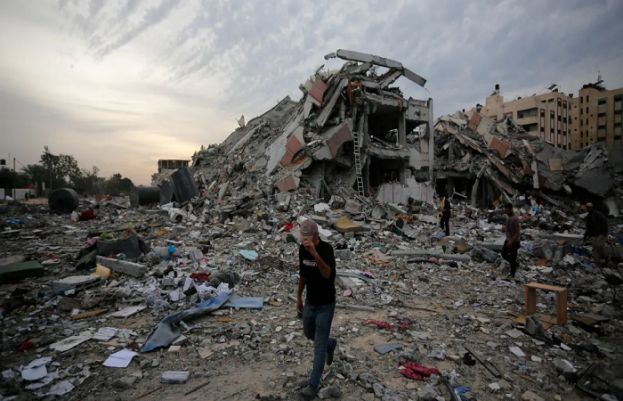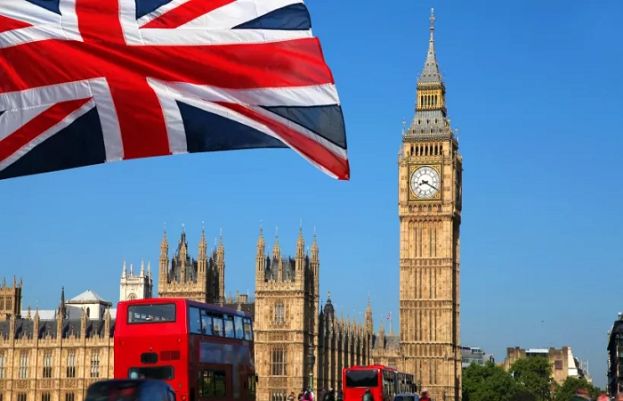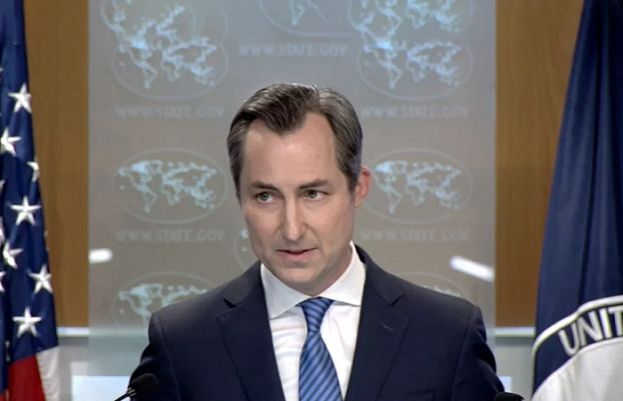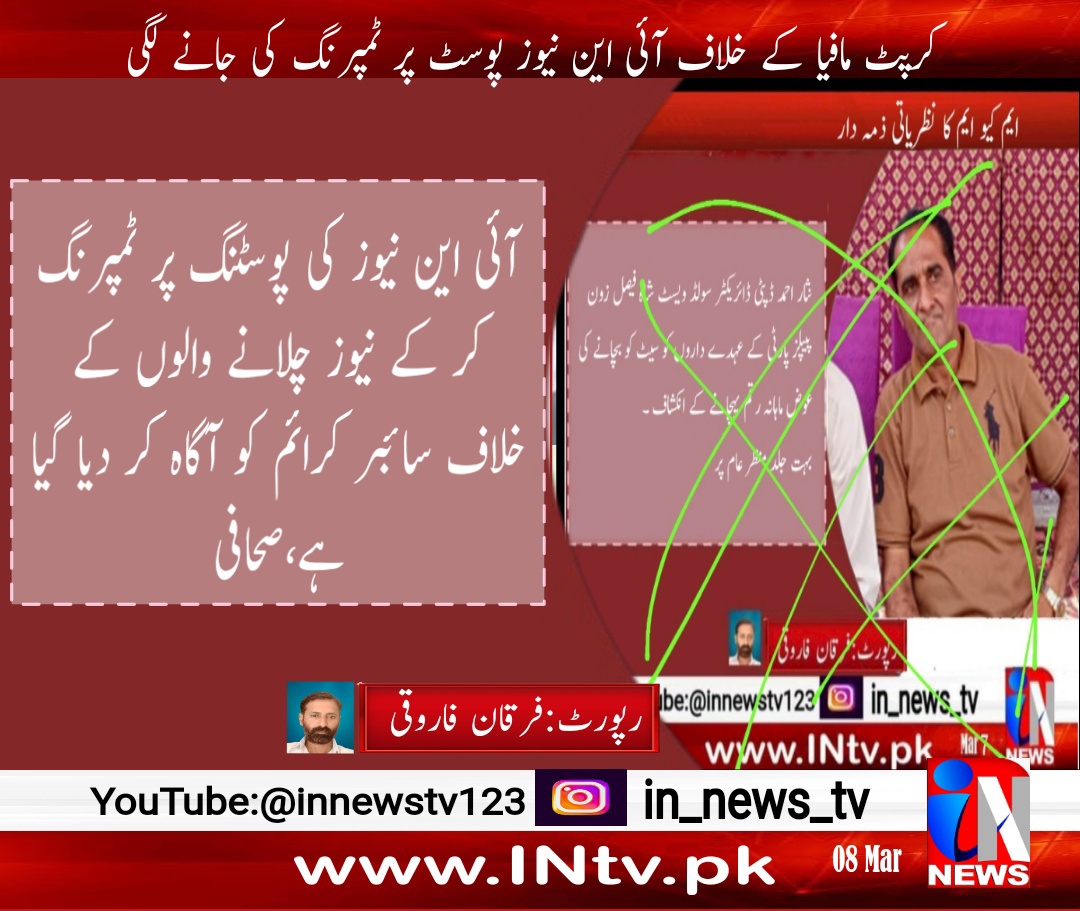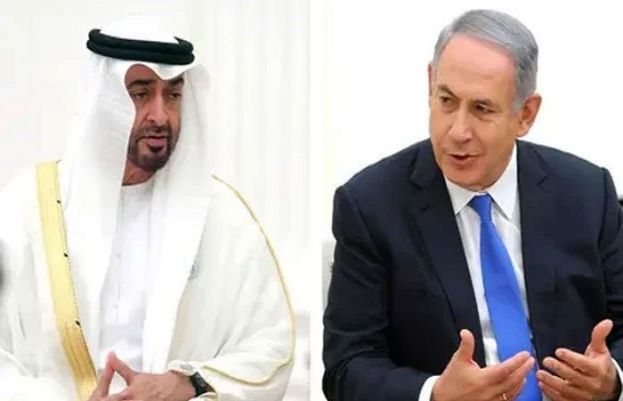
The deal, brokered by US President Donald Trump, will lead to a full normalisation of diplomatic relations between the two nations, a move that reshapes the order of Middle East politics from the Palestinian issue to Iran.
Under the accord, Israel has agreed to suspend annexing areas of the occupied West Bank as it had been planning to do, White House officials said.
It also firms up opposition to regional power Iran, which the UAE, Israel and the United States view as the main threat in the conflict-riven region.
Israel had signed peace agreements with Egypt in 1979 and Jordan in 1994. But the UAE, along with most other Arab nations, did not recognise Israel and had no formal diplomatic or economic relations with it until now.
The agreement was the product of lengthy discussions between Israel, the UAE and the United States that accelerated recently, White House officials said.
Joint Statement of the United States, the State of Israel, and the United Arab Emirates pic.twitter.com/oVyjLxf0jd
— Donald J. Trump (@realDonaldTrump) August 13, 2020
A joint statement issued by the three nations said Trump, Israeli Prime Minister Benjamin Netanyahu and Abu Dhabi’s Crown Prince Sheikh Mohammed Bin Zayed had “agreed to the full normalisation of relations between Israel and the United Arab Emirates”.
“This historic diplomatic breakthrough will advance peace in the Middle East region and is a testament to the bold diplomacy and vision of the three leaders and the courage of the United Arab Emirates and Israel to chart a new path that will unlock the great potential in the region,” the statement said.
In a separate statement, the crown prince stressed that the agreement would stop further Israeli annexation of Palestinian territories, which Israel has said had been awaiting a green light from Washington.
The agreement, to be known as the Abraham Accords, also gives Trump a foreign policy accomplishment as he seeks re-election on November 3.
“HUGE breakthrough today! Historic Peace Agreement between our two GREAT friends, Israel and the United Arab Emirates,” Trump wrote on Twitter.
The UAE said it would remain a strong supporter of the Palestinian people and that the normalisation agreement maintained the viability of a two-state solution to the Israel-Palestinian conflict.
Netanyahu said the agreement represented a “historic day” for his country.
But a senior Israeli official said applying Israeli sovereignty to areas of the West Bank — territory Palestinians seek for a state along with Gaza and East Jerusalem — was still on the agenda.
The official said, “The Trump administration asked us to temporarily suspend the (sovereignty) announcement so that the historic peace agreement with the UAE can be implemented.”
HUGE breakthrough today! Historic Peace Agreement between our two GREAT friends, Israel and the United Arab Emirates!
— Donald J. Trump (@realDonaldTrump) August 13, 2020
Trump’s special envoy Brian Hook said the deal is a “nightmare” for Iran.
Iran and Israel are arch foes. Israel is particularly concerned about suspected Iranian efforts to develop nuclear weapons, which Tehran denies. Iran is also involved in proxy wars from Syria to Yemen, where the UAE has been a leading member of the Saudi-led coalition opposing Iran-aligned forces there.
Delegations from Israel and the United Arab Emirates will meet in the coming weeks to sign agreements regarding investment, tourism, direct flights, security, telecommunications and other issues, the statement said.
The two countries are expected soon to exchange ambassadors and embassies.
The statement said that “as a result of this diplomatic breakthrough and at the request of President Trump with the support of the United Arab Emirates, Israel will suspend declaring sovereignty” over areas of the West Bank that were envisioned in a US plan announced by Trump in January.
In the White House Oval Office, Trump said similar deals are being discussed with other countries in the region. A signing ceremony including delegations from Israel and the United Arab Emirates will be held at the White House in the coming weeks, Trump added.
“Everybody said this would be impossible,” Trump said. “After 49 years, Israel and the United Arab Emirates will fully normalise their diplomatic relations. They exchange embassies and ambassadors and begin cooperation across the border.”
The agreement envisions giving Muslims greater access to the Al-Aqsa Mosque in the Old City of Jerusalem by allowing them to fly from Abu Dhabi to Tel Aviv, White House officials said.
Trump said, “This deal is a significant step towards building a more peaceful, secure and prosperous Middle East. Now that the ice has been broken, I expect more Arab and Muslim countries will follow the United Arab Emirates’ lead …. and normalise relations with Israel.”
“We are already discussing this with other nations, very powerful, very good nations that want to see peace in the Middle East so you will probably see others of these,” Trump added. “Things are happening that I can’t talk about, but they’re extremely positive.”
Meanwhile, British Prime Minister Boris Johnson welcomed the agreement as “hugely good news”.
“The UAE and Israel’s decision to normalise relations is hugely good news,” Johnson said on Twitter.
“It was my profound hope that annexation did not go ahead in the West Bank and today’s agreement to suspend those plans is a welcome step on the road to a more peaceful Middle East.”
Foreign minister Dominic Raab said it was “time for direct talks between the Palestinians and Israel, the only route to lasting peace.”






